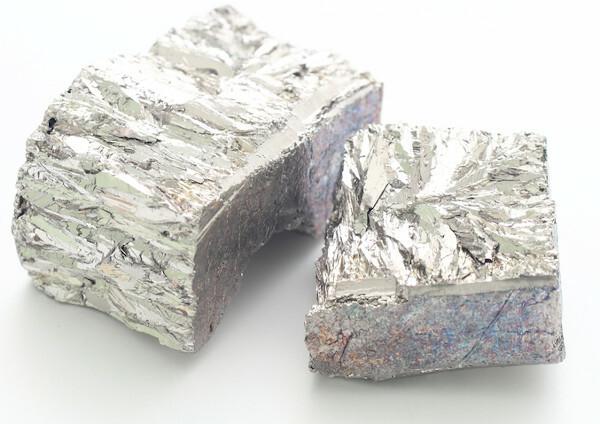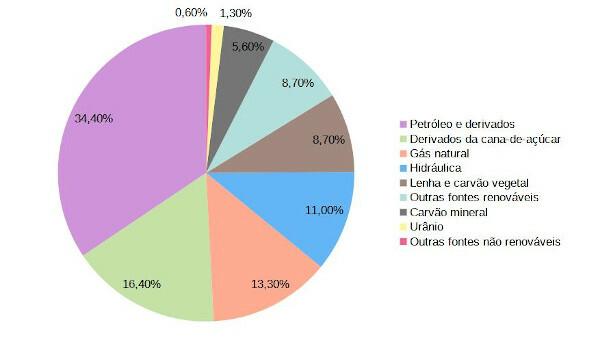After the Greek-Persian War, the struggle for hegemony in Greek territory placed Athens and Sparta in opposite positions. The city of Sparta, like Athens, adopted an imperialist policy, through the Peloponnesian League, with the domination of Argos, Arcadia and Tegea.
It is important to emphasize that Spartan imperialism had already manifested itself since the 8th century BC. a., when all of Laconia was conquered and later with the victory of the war that culminated in the conquest of the plain of Messinia, that considerably extended the Spartan territory. The conquest of the plain of Messinia brought with it a great influx of slaves. These slaves worked the land for the Spartans and this later ensured Sparta's prosperity.
Slowly, all the Peloponnesian states were dominated by Sparta and coerced into being part of the Peloponnesian League, whose foreign policy was conducted by Sparta itself. This one, at the end of the VI century; a., reunited a third of the peninsula. With this, Sparta managed to achieve the main objective of the Peloponnesian League: the protection of the aristocratic regime and the Spartan Empire.
The ambition and rivalry between Athens and Sparta, however, would later throw the two cities into a major conflict as a result of the commercial competition that existed between the cities of Athens and Corinth, as Corinth was part of the Peloponnesian League and had the full support of Sparta. This commercial clash was one of the triggers that culminated in the Peloponnesian War. The power of the Spartan Empire was only realized with the victory of the war that took place in the years 431 to 404 BC. Ç. and left Athens in thrall.
By Lilian Aguiar
Graduated in History
Brazil School Team
Source: Brazil School - https://brasilescola.uol.com.br/historiag/o-imperio-espartano.htm



